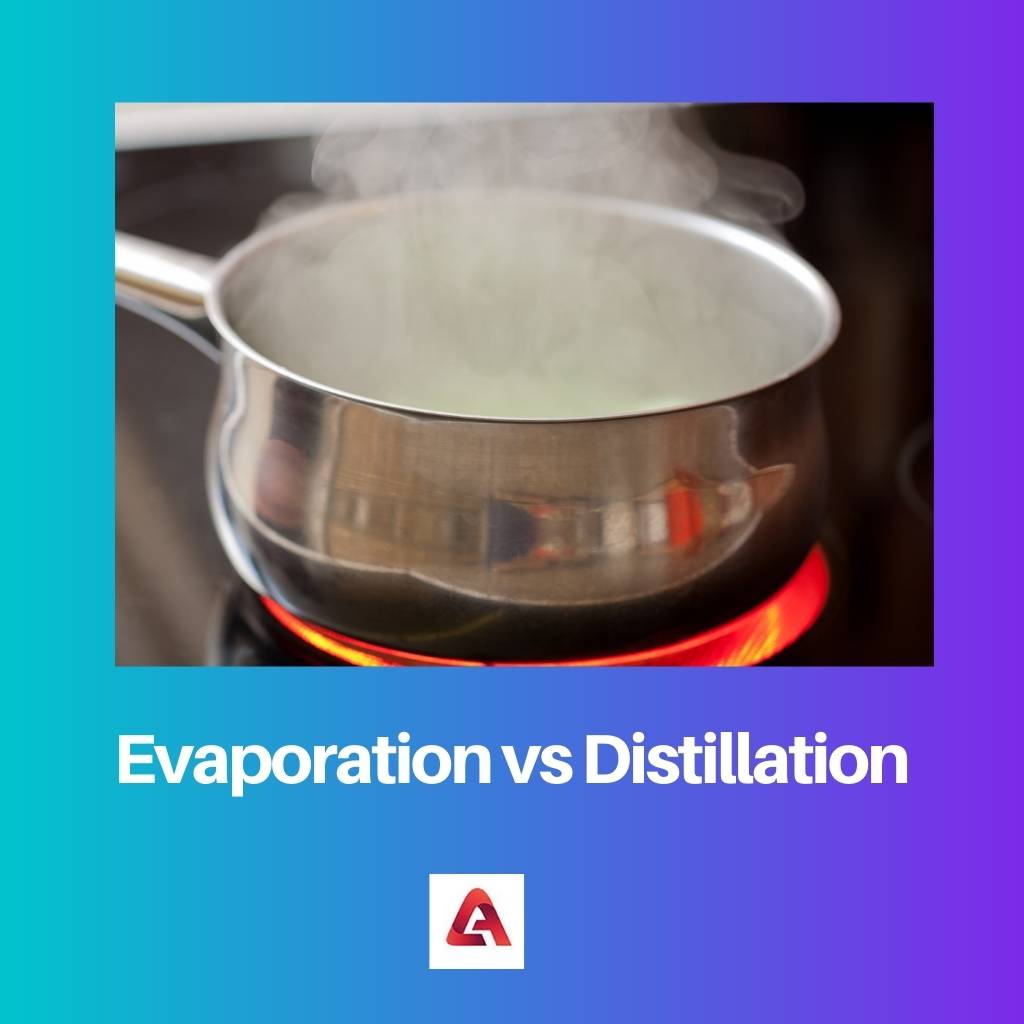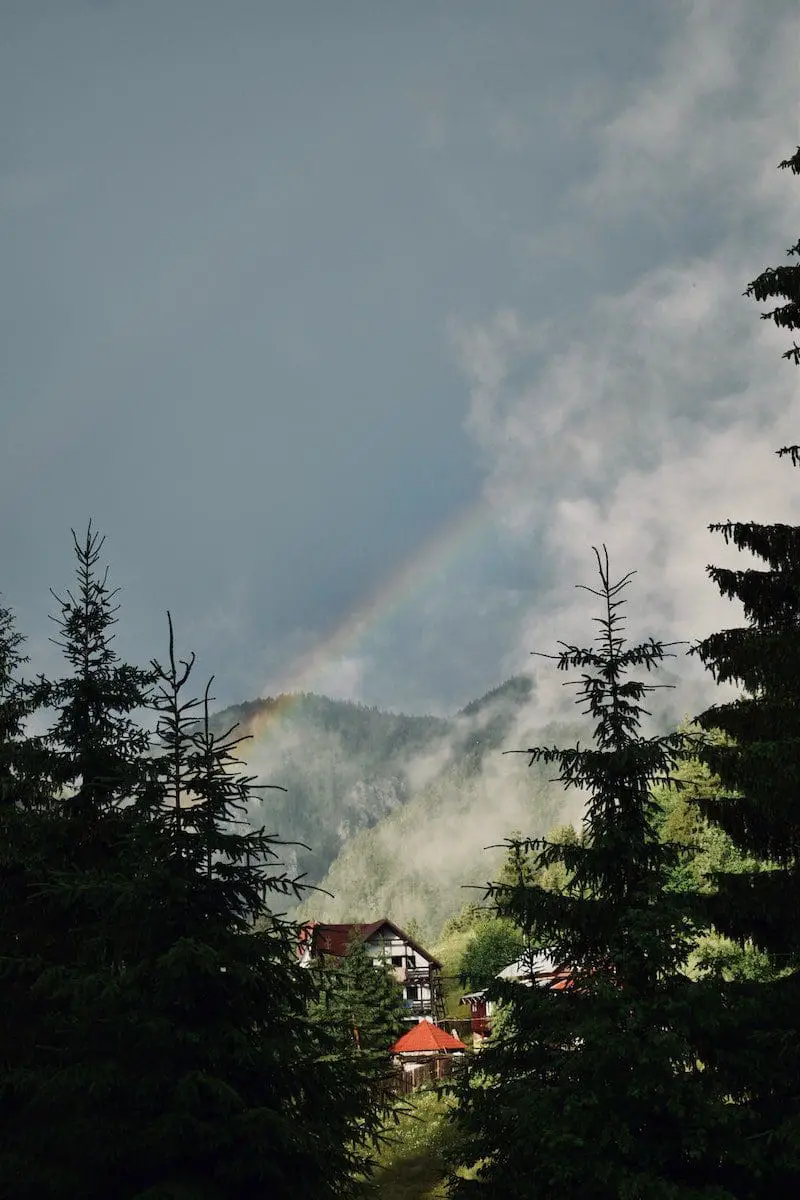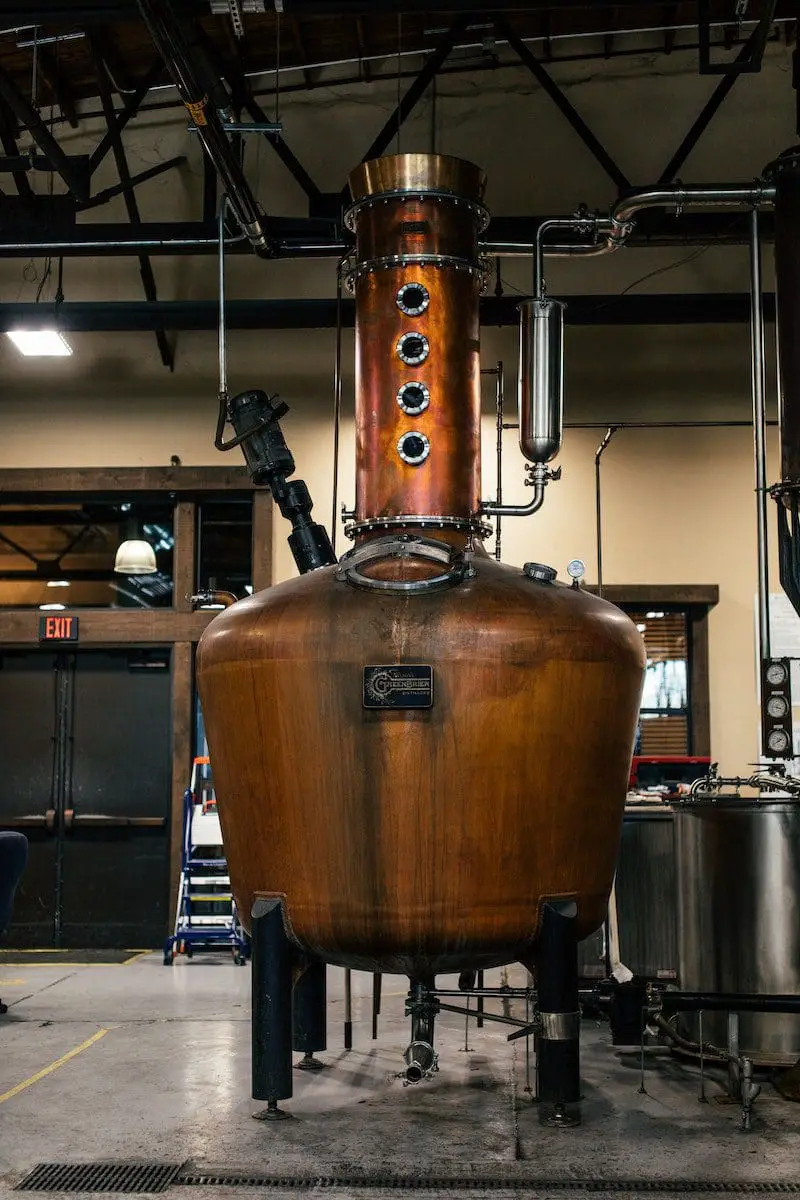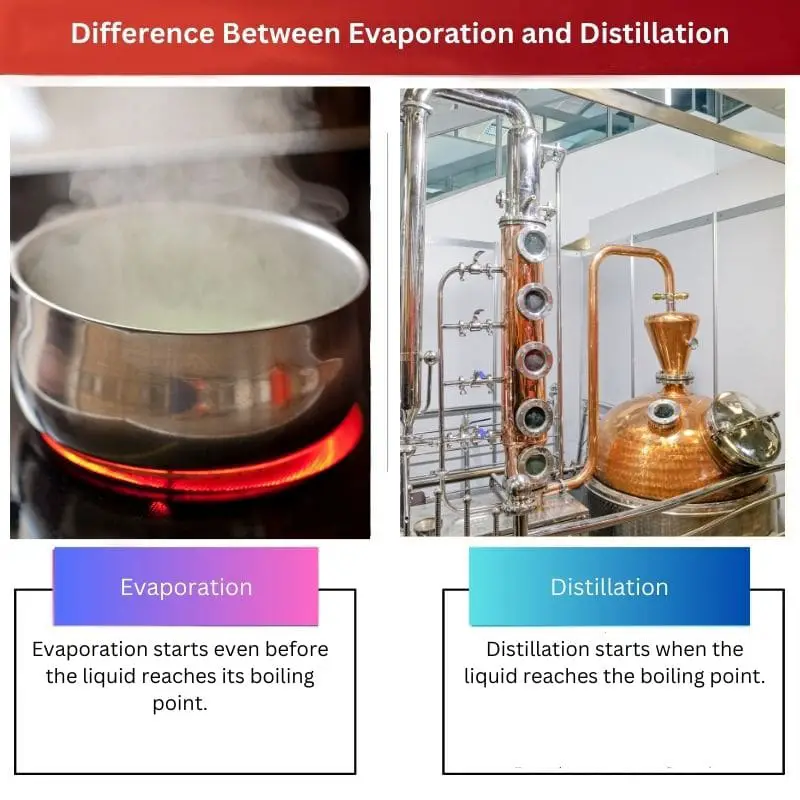Both Evaporation and Distillation involve transforming matter from the liquid stage to the gaseous state.
Evaporation is a process of vaporization. Distillation separates a liquid mixture from particular components and substances using various boiling and condensation methods.
Key Takeaways
- Evaporation is a natural process that involves the conversion of a liquid into a vapor or gas due to heating. At the same time, distillation is a process that involves the separation of different components of a liquid mixture by heating and cooling.
- Evaporation can be a partial or complete process that leaves behind any non-volatile solutes, while distillation is a complete process that separates different components based on their boiling points.
- Evaporation is commonly used to concentrate a solution or extract a solvent, while distillation is used for purifying liquids and separating different components in industries like chemical and pharmaceutical.
Evaporation vs Distillation
Evaporation occurs when the vapour pressure of a liquid exceeds the atmospheric pressure, and the liquid is converted into a vapour. Distillation is a more controlled process used to separate the components of a mixture based on their boiling points. Distillation is an efficient method of separation than evaporation and is used in producing alcohol, essential oils, and other products.

Evaporation is a type of vaporization. This process occurs when heat is applied to a matter in its liquid state, leading to its transformation into the gaseous form.
One thing to note over here is that the gas surrounding the matter must not be saturated while this process is going on.
Distillation is a process that is an ancient, traditional, and effective one for desalination. The process starts when the liquid reaches its boiling point.
Fundamentally speaking, Distillation can help in partial or complete separation, increasing the saturation or concentration percentage of the component in the mixture.
Comparison Table
| Parameters of Comparison | Evaporation | Distillation |
|---|---|---|
| Initiation of the Process | Evaporation starts even before the liquid reaches its boiling point. | Distillation starts when the liquid reaches the boiling point. |
| Place of Occurrence | Evaporation occurs at the surface area. | Distillation does not occur at the surface area. |
| Nature of Technique | Evaporation is not a technique for separation. | Distillation is entirely a separation technique. |
| Time for the Process | Evaporation is a slow and gradual process. | Distillation is a swift and rapid process. |
| Formation of Bubbles | In Evaporation, no liquid bubbles are formed at the boiling point. | In Distillation, liquid bubbles are formed at the boiling point. |
What is Evaporation?
Evaporation is a process which involves the transfer of energy from one liquid molecule to another one and, while doing the latter, to have transmission of heat energy.
When a liquid molecule near the surface absorbs enough heat energy and successfully overcomes the vapour pressure, the latter escapes and enters the surrounding air in its gaseous state.
Practically, only a tiny fraction of liquid molecules have heat energy, enough to escape from the vaporized state. The evaporation process continues until an equilibrium is met, where the amount of liquid evaporation equals the amount of condensed liquid.
Evaporation is a comparatively prolonged and gradual process. The process starts even before the liquid reaches its boiling point. Moreover, evaporation takes place at the surface itself.
Evaporation is an essential and crucial part of the water cycle and is one of the best examples of the latter process. Water evaporation occurs when the liquid’s surface is exposed, which allows the molecules to be released and form water vapour, which later forms clouds.
This complete natural evaporation process starts with the heat, which is emitted from the sun.

What is Distillation?
Distillation is a process which is used as a separation technique. Distillation can have a few types, like classical and dry.
Classical distillation is the process used to separate components or particles from the liquid base or mixture using methods like boiling and condensation.
However, dry distillation is when the solid components or materials are heated to produce their gaseous state, which afterwards can be condensed into liquid or solids.
Distillation is not a chemical process or reaction but a physical separation process. Distillation is an ancient, traditional, yet very effective technique of desalination.
The distillation process initiates when the liquid mixture or base reaches its boiling point. It is a rapid method compared to the other techniques used for separation. Liquid bubbles are formed in this method.
Distillation has many applications, both commercially as well as industrially. The distillation of fermented products is used to produce distilled beverages which have a high content of alcohol or to separate other fermented products with high commercial value.
Moreover, for industrial use, cryogenic distillation is used. The latter breaks the air into its components, specifically oxygen, nitrogen, and argon.

Main Differences Between Evaporation and Distillation
- Evaporation is a slow process, whereas Distillation is a quick process.
- Evaporation occurs at the surface only, whereas Distillation happens inside as well.
- Evaporation starts before the liquid reaches the boiling point, whereas Distillation begins only when the liquid comes to the boiling end.
- Evaporation is not a technique for separation, whereas Distillation is ultimately a process for separation.
- In Evaporation, no liquid bubbles are formed at the boiling point, whereas in the distillation process, liquid bubbles are formed when the liquid reaches the boiling point.

- https://www.degruyter.com/document/doi/10.1515/9783110654806-002/html
- https://www.sciencedirect.com/science/article/pii/S0022169408001789
Last Updated : 11 June, 2023

Piyush Yadav has spent the past 25 years working as a physicist in the local community. He is a physicist passionate about making science more accessible to our readers. He holds a BSc in Natural Sciences and Post Graduate Diploma in Environmental Science. You can read more about him on his bio page.

The author has done a superb job of explaining the differences between evaporation and distillation, making it easy for readers to understand.
The article also effectively highlights the applications of both processes in various industries.
I agree, the explanation is concise and comprehensive.
I feel more knowledgeable about evaporation and distillation after reading this well-researched piece.
An exemplary piece of scientific writing providing valuable insights into evaporation and distillation.
The article is a commendable resource for students and professionals in the field of chemistry.
The detailed explanation serves as an excellent reference for those learning about these processes.
The article effectively delves into the scientific principles behind both processes, creating a holistic understanding.
Absolutely, the scientific explanations are well-presented and supported.
The scientific coverage of evaporation and distillation is both enlightening and engaging.
An exemplary elucidation of complex scientific processes.
The article is a testament to the author’s proficiency in scientific communication.
The comparison between evaporation and distillation is presented with clarity and precision in this article.
The author has done an excellent job of simplifying complex scientific processes.
The author’s approach to explaining these processes is thorough and commendable.
I found the comparison table particularly useful for quick reference.
I agree, the tabulated format is beneficial for readers looking for a quick overview.
The article offers an enriching reading experience for those interested in chemical processes and scientific methods.
I appreciate the meticulous detail and clarity in the content.
The article offers a comprehensive insight into evaporation and distillation, catering to readers of different knowledge levels.
The comprehensive coverage of the topic is commendable.
The article provides insightful comparisons and contrasts between evaporation and distillation, making it a valuable read for those interested in chemistry and scientific processes.
It’s quite informative and educational, great for students and professionals alike.
I appreciate the detail and depth of knowledge shared in this article.